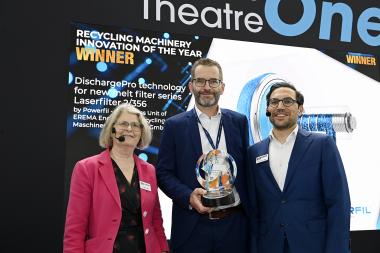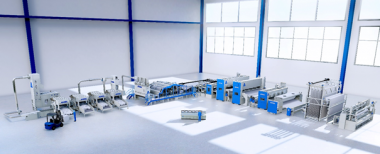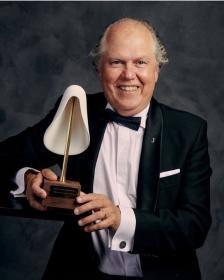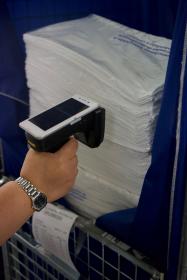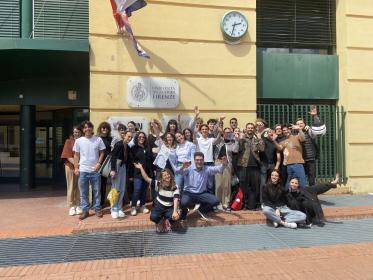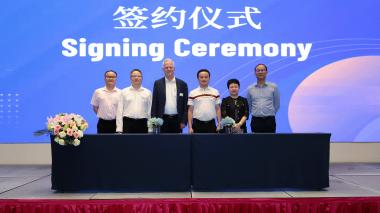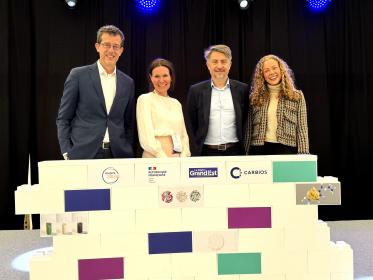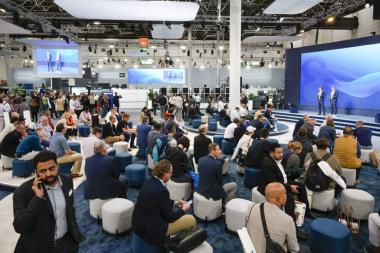China in-store 2024 with Special Areas
China in-store, which was established under the name C-Star as an official satellite of EuroShop in Shanghai in 2015, will be held in Hall N1 of the Shanghai New International Expo Center from 3 to 5 September 2024. In consumer-friendly and tech-savvy China innovative store design plays a prominent role, which is why the trade fair specifically focuses on instore design and high-end solutions for brands. On display will be solutions for store design, fittings, but also retail technologies that help to selectively shape stores as spaces for interacting with shoppers as well as stage their brand messages.
After the success of last year’s event attracting over 100 exhibitors and almost 14,000 trade visitors, China in-store 2024 will offer over 200 providers of retail design and retail-relevant solutions the opportunity to showcase their latest instore design, retail technology and retail solutions while inviting industry professionals to explore, learn and network. The exhibited products and solutions for shopfitting and the retail industry will include store design, materials as well as surfaces and furnishings for shops – ranging from displays fixtures and mannequins to visual merchandising services and omnichannel technologies.
Since personalisation in retail is increasing in importance, the Designer Village will present design companies with trail-blazing stand designs and visual merchandising solutions. The special area will inspire visitors with innovative store concepts that improve both the brand image and customer journey. At the Retail Technology Village the latest advances in AI, VR and data analytics will be presented. These technologies enable an omnichannel experience for shoppers and convert physical stores into third places. On the Retail Stage and the Design Stage experts, retailers and brands will present the latest retail trends, shopfitting strategies and innovations that drive the retail market. A themed exhibition is dedicated to changing trends in retail area design.
Once again proving a highlight of China in-store will be the presentation of the ERDA China (EuroShop RetailDesign Award China) on 4 September 2024; this award recognises store designs and extraordinary store concepts from the Chinese market. This year the categories were extended.
Messe Düsseldorf GmbH














